On March 26, 2021, the Sino-Japanese academic seminar jointly organized by the Faculty of Economics and Management of ECNU and the International Institute of Social Sciences of Yokohama National University was successfully held in the North Zhongshan Road Campus. This seminar used a mixed online-offline format and launched two topic discussions about the “regional economy and social security.” Eleven scholars with their research teams gave presentations, and more than forty Chinese and Japanese academic experts and graduate students participated in the conference.
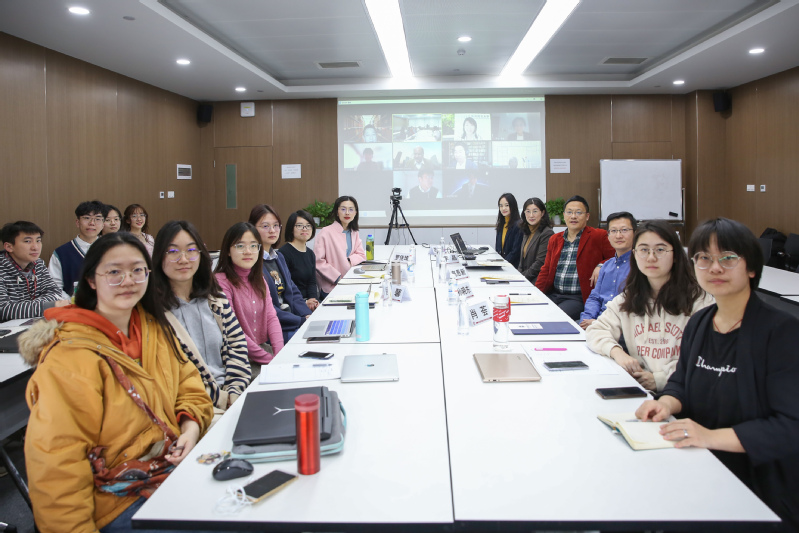
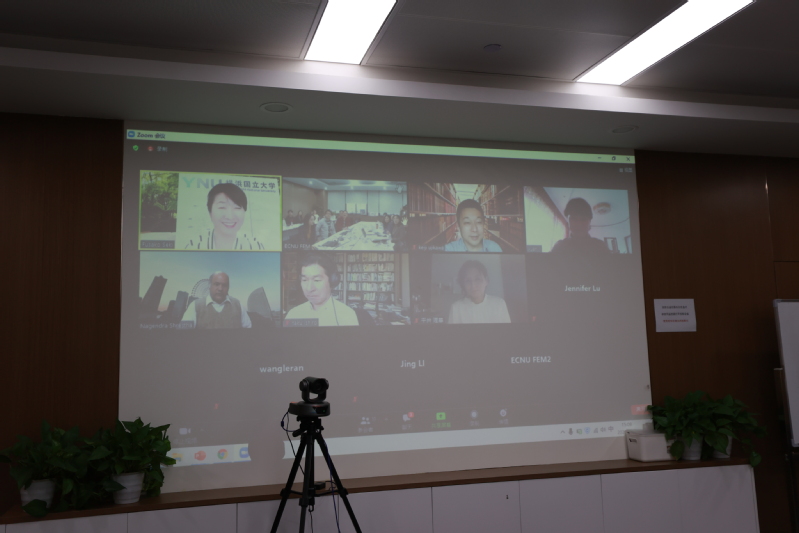
The opening ceremony of the seminar was hosted by Professor Keiji UJIKAWA of the International Academy of Social Sciences of Yokohama National University. Professor Ishiyama Yukihiko, Dean of the International Academy of Social Sciences delivered a speech, expressing his welcome to the guests and his recognition of the friendship between the two schools. He also wished the seminar a great success.
The topic discussion in the morning focused on the impact of the epidemic on the country’s economy, population mobility, and social development and discussed the transformation of consumption patterns, the transformation and upgrading of the tourism industry, and changes in people’s leisure demand.

The topic of Professor Taku ISHIRO’s presentation was “Changes in the Flow of People and Tourism/Economic Activities Caused by COVID-19.” He noted that Japan's total consumption has fallen off a cliff and the consumption structure has changed. Service sectors like tourism, catering, accommodation, and transportation have been greatly affected, while the “home economy” and “home consumption” have emerged, and some emerging consumer industries have developed rapidly.
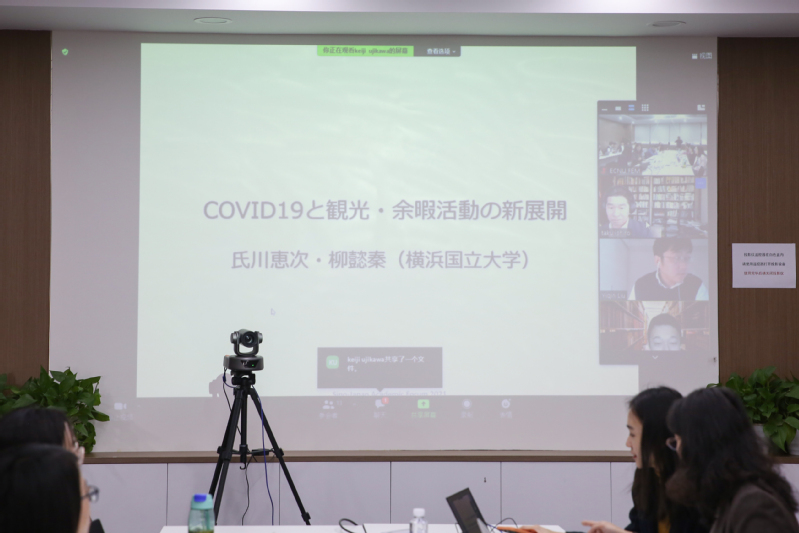
Professor Keiji UJIKAWA gave a presentation on “COVID-19 and New Developments in Tourism and Leisure Activities,” which analyzed Japan's practice in the construction of sanatoriums based on the German forest health model, and advocated that new models of health services such as tourism, leisure, medical care, entertainment, and sports should be incorporated into the development and utilization of the forest.
The topic of Professor Rika HIRAYI’s presentation was “Impact of Regional Brand/Identity on Intention to Settle,” which discussed how residents’ brand recognition of a region significantly affects their intention to settle, support, and recommend the region. Governments of various countries should actively promote the brand building of local towns and villages.
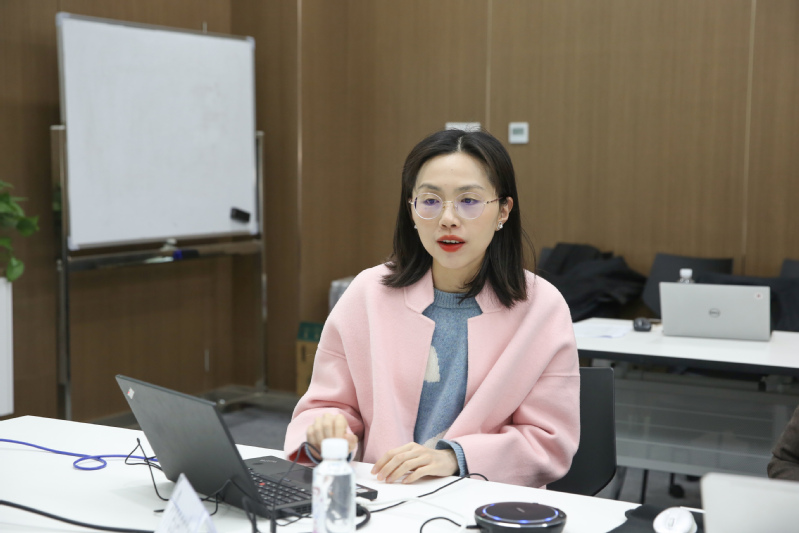
Associate Professor Luo Jiaqi’s gave a presentation on “A Gender Perspective Analysis of Chinese Nationals' Leisure Time Allocation: Family Lifecycle Versus Demographic Determinates.” She noted out that at any stage of the life cycle, women have less leisure time than men, especially in the post-marital parenting stage.

Assistant Professors Wang Yuan and Cheng Xin gave a presentation on “Characteristics of Airbnb Rentals in Shanghai Before and After the COVID-19 Epidemic,” which analyzed the current Shanghai Airbnb occupancy rate, return rate and the trend of the daily average price.

Associate Professors Dang Ning and Xiao Hui gave a presentation titled “Does the COVID-19 Pandemic Affect Tourists' Pro-environmental Behaviors? Evidence from a Park Recreation Area in China.” Through empirical research, they found that the higher the level of nature empathy among tourists, the more willing they are to protect nature, which leads to pro-environmental behavior. They discussed how the management of scenic spots can induce nature empathy by means of sign personification, landscape personification, and voice and emotional awakening, which can provide a better tourism environment and attract more tourists.
The seminar in the afternoon discussed the experience and lessons of epidemic prevention and control from the perspective of safeguarding people’s safety and health and maintaining social equity, justice, and stability. The problem of aging and low birthrate in Japan, the reform of the children's medical insurance system, and the reform of the elderly pension system were also discussed.
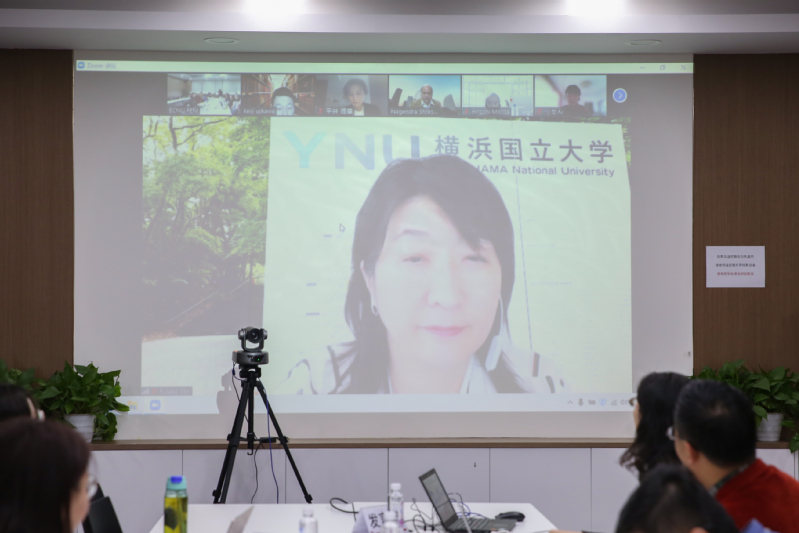
Professor Fusako SEKI gave a presentation titled “Age Discrimination that has been Revealed by COVID-19” that discussed how the epidemic in Japan has caused serious discrimination against the elderly in society.
Teacher Li Xuan gave a speech titled “Redistribution Challenges in China’s Child Health: Suggestions from Japan's Cases” that analyzed the reform of the child medical system in Japan, including the financial adjustment system, the child medical subsidy system, the infant family visit system, and the regional children's medical system.
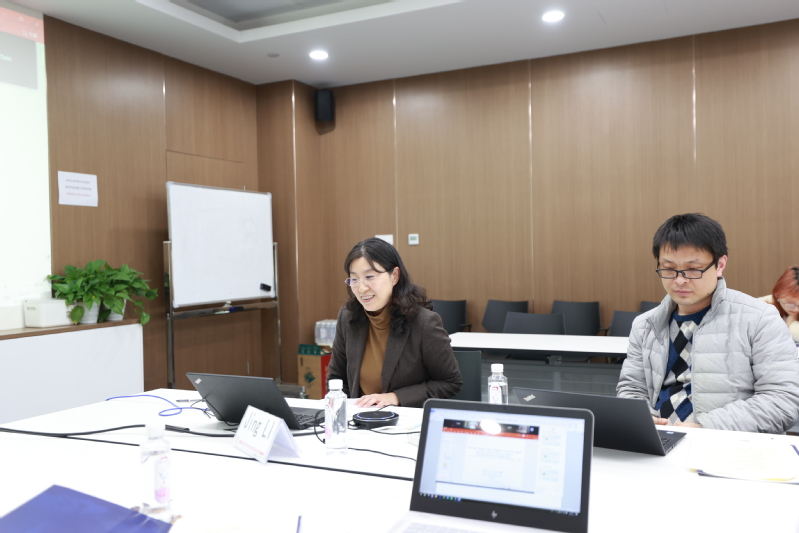
Associate Professors Li Jing and Song Jinzhou gave a presentation on “The Gap between Local Pandemic Prevention Needs and Public Health Service Supply, Countermeasures and Enlightenment,” noting that at the grassroots-level, the shortage of public health talent has become the biggest problem affecting the supply of public health services.
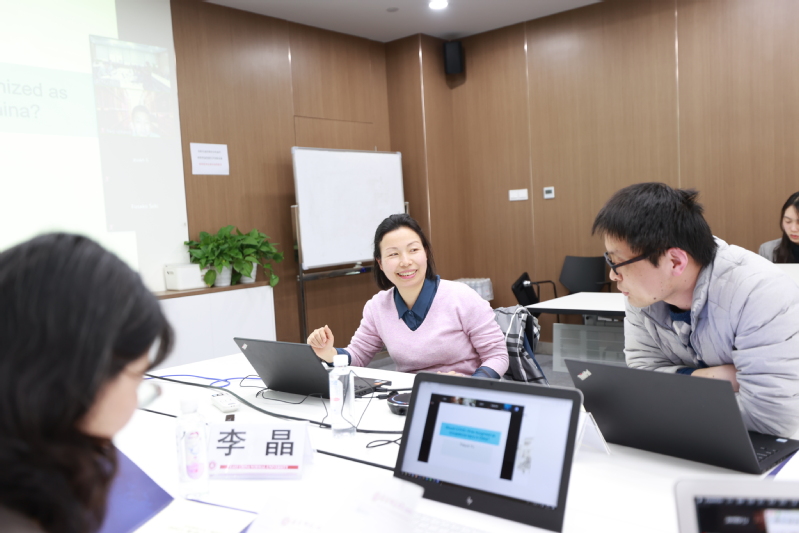
Associate Professor Yu Feiyue gave a presentation titled “Should COVID-19 Be Recognized as an Occupational Injury?,” which discussed this social hot topic from the perspective of social insurance theory.
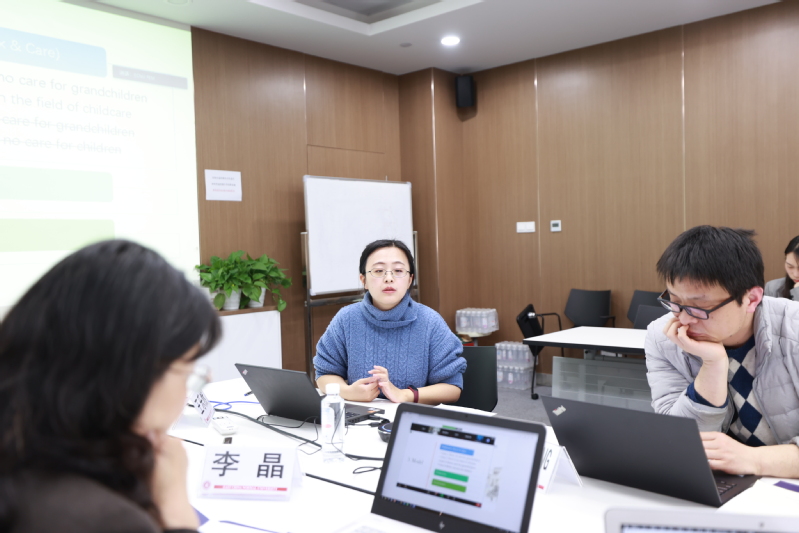
Assistant Professor Wang Leran gave a presentation titled “Labor Supply, Childcare and Pension for Elderly Employees,” which conducted an economic analysis of Japan’s old-age pension system reform, and pointed out that the reform of the system has had a positive impact on stimulating employment of the elderly and can effectively alleviate the problem of insufficient labor supply.
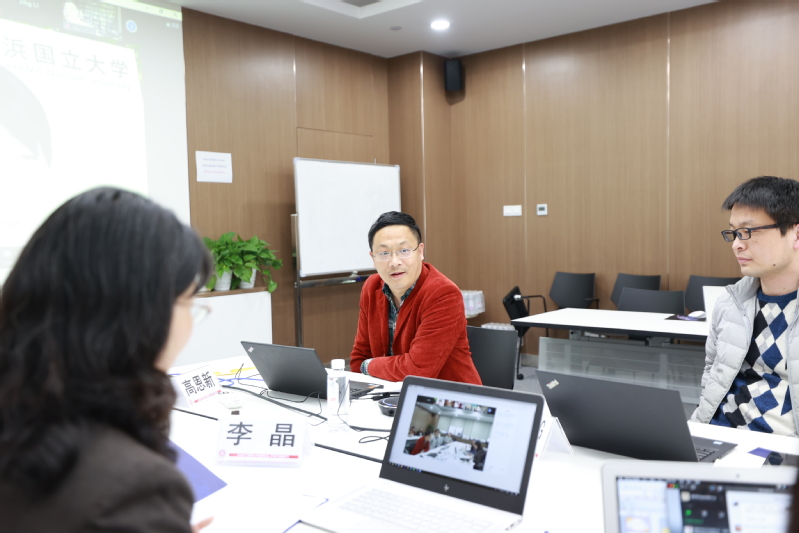
After the seminar, Associate Professor Li Jing of the School of Public Administration hosted the closing ceremony, and Associate Professor Gao Enxin, Deputy Director of the Faculty of Economics and Management, delivered a speech. He expressed his gratitude and blessings to the participants, hoping that scholars from China and Japan can carry out more in-depth and substantive cooperative research in the future. He also pointed out that social security should play an active role in epidemic prevention and control and provide a solid foundation for the recovery of the regional economy.
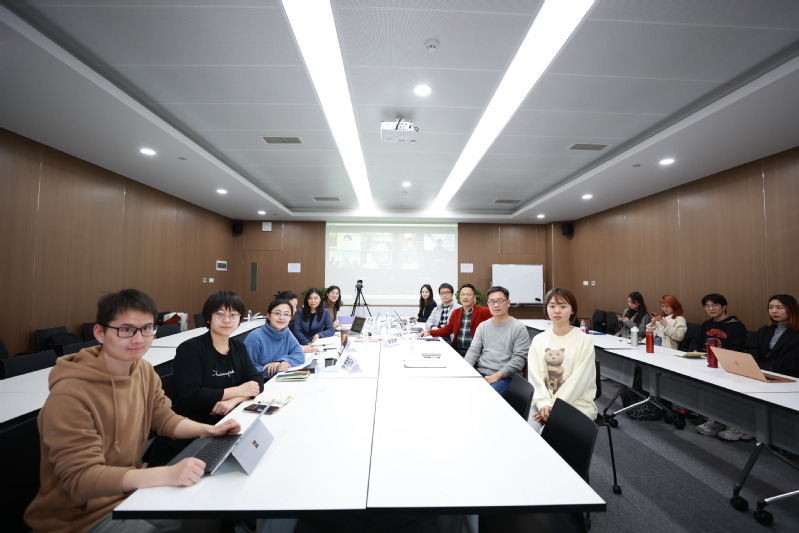
Copy editor: Henry Allen
Editor: Li Yinan




